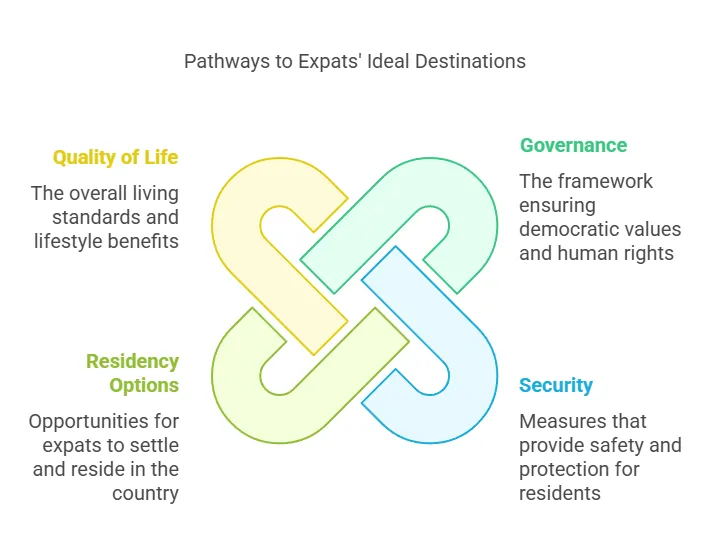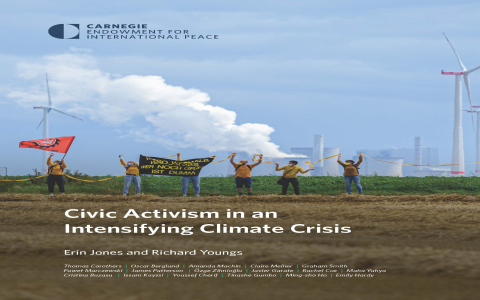Started thinking about nomadic politics after seeing my Lisbon neighborhood change this year. Noticed it first when trying to grab coffee downtown on a Tuesday. Place was packed with twenty-somethings tapping away on laptops.
What Actually Happened?
Walked over to my regular cafe owner Mateo. Asked him why it felt like half of Toronto had moved into our district. He rolled his eyes pouring my espresso:

“These digital nomad visas, man. Government opened floodgates last year. Said it’d boost economy. Well…”
He pointed at the line snaking out his door:
- See that Canadian girl? Her whole design team works from here
- American couple behind her? Run New York startup entirely from Lisbon
- German guy? Only stays 6 months before visa resets
The Real-World Mess
Got curious and started tracking changes:
Checked neighborhood housing board. Nearly choked. Same apartment I rented for €800 five years ago? Now €2,200. Owner slapped on a “digital nomad package” – whatever that means.
Local butcher vanished last month. Replaced by vegan coworking space with $10 smoothies. Mateo’s rent doubled. He might close if winter gets slow.
What It Did To Us
Biggest shock came last Sunday. Went to community meeting about the new tourist tax. City council showed glossy slides:
“Benefits Of Digital Mobility”

- 45% increase in short-term rentals
- 12% municipal revenue jump
- €9,000/month average nomad spending
Mrs. Silva stood up shaking. Her pension can’t cover the rent hike for her flat. Someone yelled “Airbnb host!” at her. Whole room exploded shouting:
- Long-term residents getting priced out
- No family doctors accepting new patients
- Trash pickup overwhelmed
Council just shrugged: “Global talent attracts investment.” Left with police escort when Mateo threw his coffee cup.
Where We Stand Now
My street feels like a hotel lobby. Old neighbors avoid me – think I’m one of “them” cause I work remote too. Truth is my own lease renewal came with 40% increase. Just trying survive my city turning into someone else’s startup playground.















